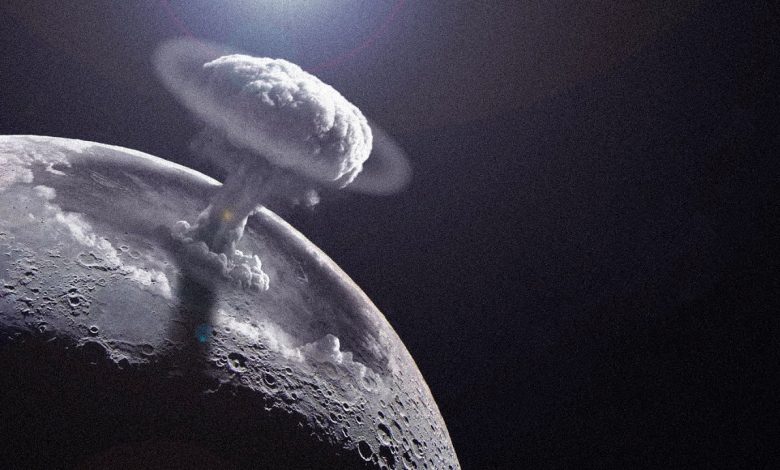US Military and NASA to build Nuclear Plant on Moon by 2026, followed by Mars


The new policy issued by the White House has allowed the development of nuclear reactors for military and NASA missions on Moon by the end of 2026 and followed by Mars, if and when first one is complete.
The draft, which is being sponsored by NASA in collaboration with INL and the U.S. Department of Energy, “provides the first phase of technical requirements and work products for (a fission surface power) system that can be built, tested, and deployed on the moon and potentially used for subsequent missions,” Battelle said in a news release.
The promise of nuclear power for space applications has long been known. It’s a theoretical power source for a “constant boost” thruster that could cut months off missions to Mars and make the moon a quick commute.
The reactors are also needed if we intend to put people on the moon to stay and for manned missions to the red planet.
“Space nuclear power and propulsion is a fundamentally enabling technology for American deep space missions to Mars and beyond,” explained Scott Pace, who heads the National Space Council. “The United States intends to remain the leader among spacefaring nations, applying nuclear power technology safely, securely and sustainably in space.”
While the US claims that the plant would “support a sustained lunar presence and exploration of Mars”, China speculates military purposes behind the establishment.
US President Donald Trump has issued the SPD-6 , which lays out a national strategy for the responsible and effective use of space nuclear power and propulsion (SNPP) systems. It comes at a time when China’s Chang’e-5 successfully completed its moon mission and returned with lunar samples.
It is undeniable that this kind of development will not only create a potential to sending more population to the moon, but at the same time create a not so friendly’ environment for the world.
This is one of the biggest ever mission that is going to be overtaken by any country in space and will decide the future of who rules the solar system and not just the earth.



